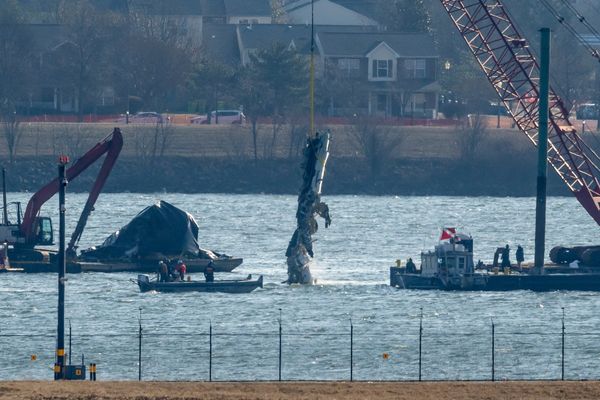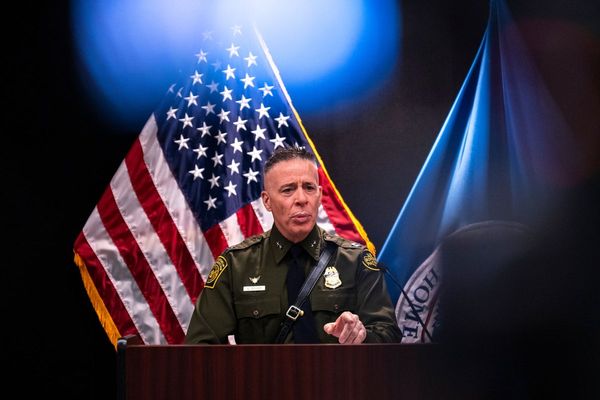
Victoria police has failed to meet its Indigenous employment target of 1%, with just 0.55% of its workforce identifying as Aboriginal or Torres Strait Islander.
It is an increase of 0.11% since its Aboriginal inclusion strategy and action plan 2018-2021 was released, but falls short of the target to boost participation to 1% – or 200 employees – by June 2021.
Victoria Police this week confirmed staffing figures as of 31 March, and the failure to meet the target set four years ago, in response to a question on notice from budget estimates.
A target for police command to have 1.6% of staff being from a culturally and linguistically background has been exceeded, with officers from those backgrounds now making up 9.2% of command.
Victoria police said it was voluntary for employees to identify their background, meaning the data collected was widely accepted as underreported.
The action plan, released in 2018, detailed the systemic barriers limiting Aboriginal people from joining Victoria police and a culture in which some employees “choose not to self-identify as Aboriginal”.
“By creating a culture where all employees feel safe from workplace harm and creating a more inclusive and culturally safe working environment, my hope is that Victoria police will be an employer of choice for Aboriginal people,” then-chief commissioner Graham Ashton wrote at the time.
Nerita Waight, chief executive of the Victorian Aboriginal Legal Service, said it came as no surprise to her that Victoria police had been unable to meet its target, given Indigenous people have had negative experiences with law enforcement over many generations.
“It’s no wonder that Victoria police are not able to meet their employment targets; our people don’t feel safe around police so they’re not going to join them,” Waight said.
“Most Aboriginal and Torres Strait Islander families would have stories about times when police officers treated their relatives in a racist way.”
Waight said Victoria police needed to undertake a review of racism within the institution and implement systemic changes to the culture.
“It shouldn’t be on a few of us to go in and fix police, that will never work. They need to fix themselves,” she said.
“In the meantime, the Victorian government should implement an independent police oversight body.”
Earlier this month, the state’s anti-corruption watchdog found “systemic failures” in the way Victorian police treated complaints made by Indigenous people.
Author Veronica Gorrie, who wrote Black and Blue about growing up as an Indigenous woman and her 10 years working in the police service in Queensland, said she had joined force to “break the cycle of fear” she grew up with and change the culture from within.
“I wanted to make things better but in such a short time I realised that these fears that my people have are well and truly justified,” Gorrie said.
She said she witnessed “brutality, excessive use of force, black deaths in custody and ongoing racism” during her time in the force and developed post-traumatic stress disorder.
Gorrie was medically discharged in 2011 and now describes herself as an abolitionist. She said she lost a lot of friends and family by signing up and understands why others wouldn’t.
She urged the Victorian government to push ahead with plans to decriminalise public drunkenness, which were recently delayed, and to raise the age of criminal responsibility.
Victoria police said the organisation continually reviews its strategies and performance against its targets and has engaged independent Aboriginal providers to help identify ways to improve.
“We acknowledge that the pandemic and social restrictions has restricted our ability to attract and recruit people to roles across our organisation,” a spokesperson said.
“Victoria police is actively recruiting for police officers at the moment and we are very keen to hear from Aboriginal or Torres Strait Islander applicants who want to make a positive difference for our community.”
The spokesperson said Victoria police employees who identify as Aboriginal or Torres Strait Islander work across the organisation, including operational policing roles, public service roles and specialist roles, as well as in designated and identified Aboriginal-focused roles, some of which are community-facing.







